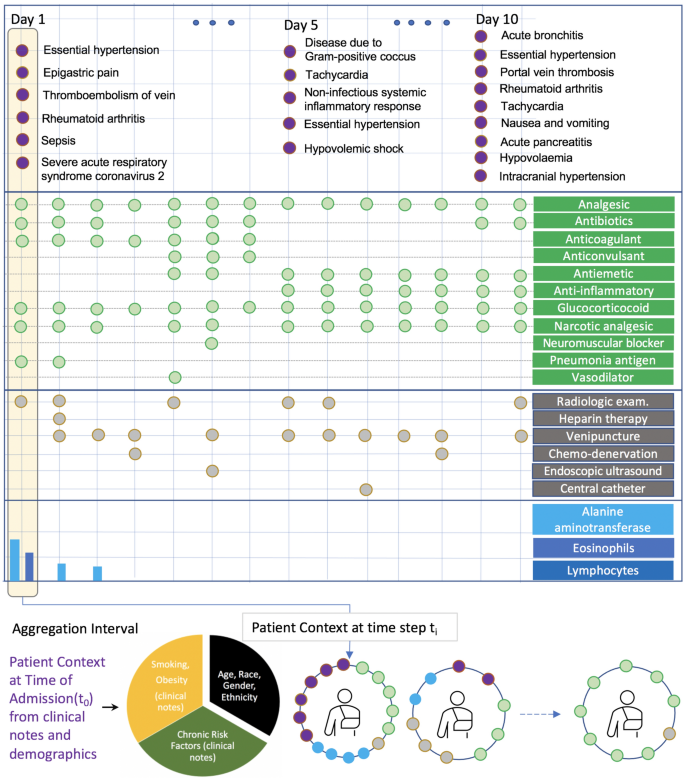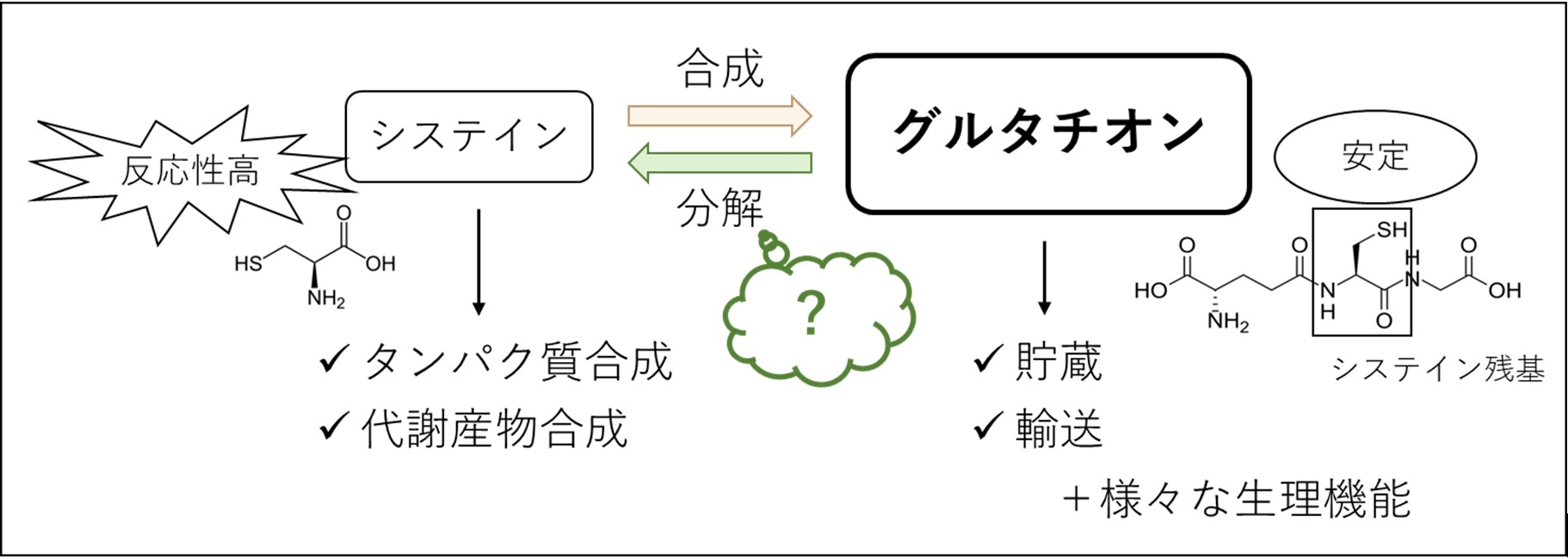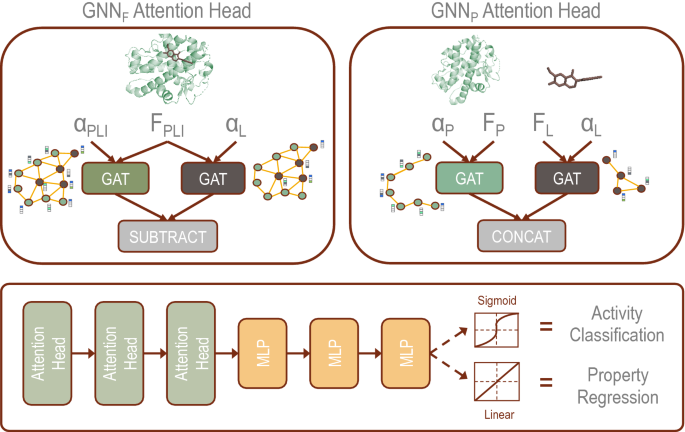TransMEDは、人工知能を使って患者の転帰を理解するための新しいスタンダードを提供します。 TransMED sets a new standard for using artificial intelligence to understand patient outcomes
2022-08-01 アメリカ・パシフィック・ノースウェスト国立研究所(PNNL)
この負担を軽減するために、パシフィック・ノースウェスト国立研究所(PNNL)、スタンフォード大学、バージニア工科大学、ジョン・スノー研究所の研究者は、新興・希少疾病による問題への対応を目的とした世界初の人工知能(AI)予測ツール「トランスメッド」を開発しました。
TransMEDは、病状、薬剤、処置、検査値、臨床記録など、ほぼすべての種類の電子医療記録データを考慮し、患者を総合的に見ることで、臨床医が行うのとほぼ同じように予測を行うことができる。
<関連情報>
- https://www.pnnl.gov/news-media/artificial-intelligence-edges-closer-clinic
- https://www.nature.com/articles/s41598-022-13072-w
階層型マルチモーダルBERTによる既存疾患からの移転学習で次のパンデミックに備える:COVID-19のアウトカム予測に関する研究 Preparing for the next pandemic via transfer learning from existing diseases with hierarchical multi-modal BERT: a study on COVID-19 outcome prediction
Khushbu Agarwal,Sutanay Choudhury,Sindhu Tipirneni,Pritam Mukherjee,Colby Ham,Suzanne Tamang,Matthew Baker,Siyi Tang,Veysel Kocaman,Olivier Gevaert,Robert Rallo & Chandan K Reddy
Scientific Reports Published:24 June 2022
DOI:https://doi.org/10.1038/s41598-022-13072-w

Abstract
Developing prediction models for emerging infectious diseases from relatively small numbers of cases is a critical need for improving pandemic preparedness. Using COVID-19 as an exemplar, we propose a transfer learning methodology for developing predictive models from multi-modal electronic healthcare records by leveraging information from more prevalent diseases with shared clinical characteristics. Our novel hierarchical, multi-modal model (TRANSMED) integrates baseline risk factors from the natural language processing of clinical notes at admission, time-series measurements of biomarkers obtained from laboratory tests, and discrete diagnostic, procedure and drug codes. We demonstrate the alignment of TRANSMED’s predictions with well-established clinical knowledge about COVID-19 through univariate and multivariate risk factor driven sub-cohort analysis. TRANSMED’s superior performance over state-of-the-art methods shows that leveraging patient data across modalities and transferring prior knowledge from similar disorders is critical for accurate prediction of patient outcomes, and this approach may serve as an important tool in the early response to future pandemics.

